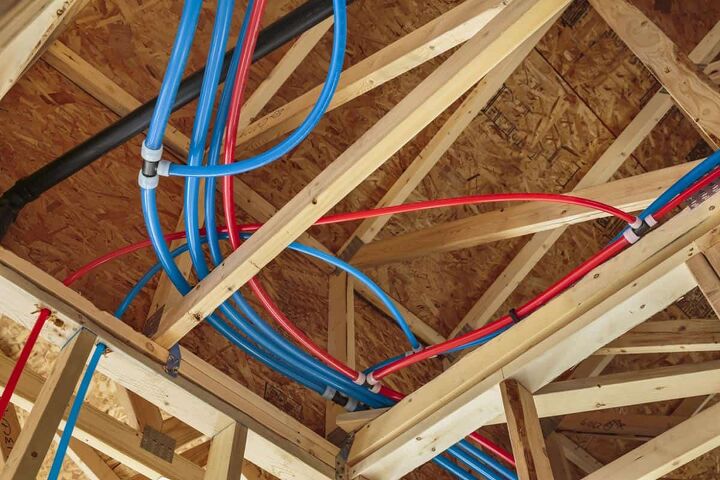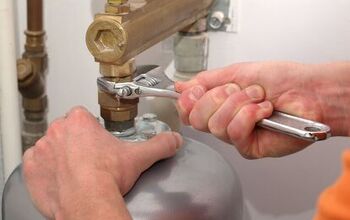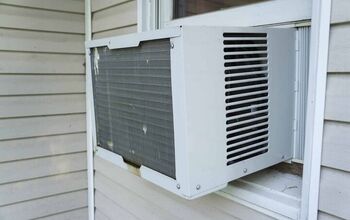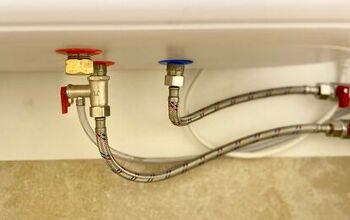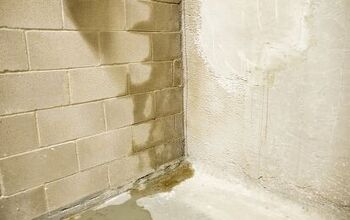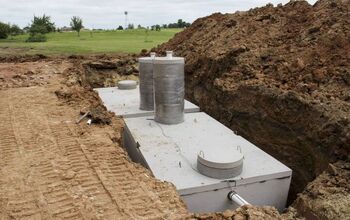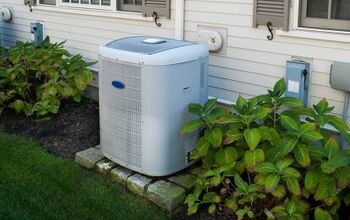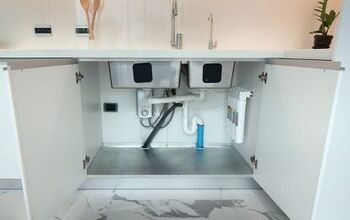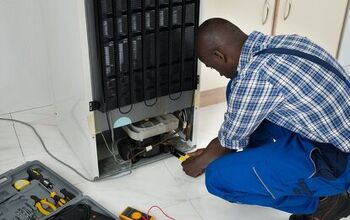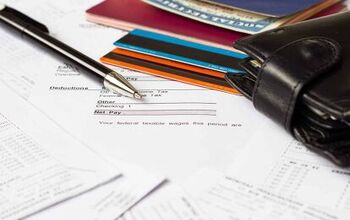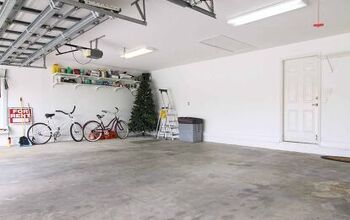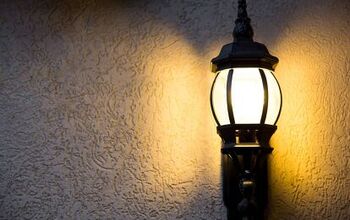Hear Water Running In Pipes But No Leak? (We Have a Fix!)

On-demand running water is a fantastic convenience that many of us could not imagine living without. Unfortunately, sometimes the system can have problems that cause the water to run at unexpected times. The sounds of running water in your walls and the threat of a leak can be very nerve-wracking. Here are some things you can do to identify and fix the issue.
If you hear water running in your pipes, but there’s no leak, check your water meter to confirm the water is running. The running water could be from a broken toilet flapper or an internal leak in a pipe. Examine all plumbing fixtures; common places to hear running water are toilet tanks, the water heater, and the water softener.
You can also check the outside of your home for standing water. This will help you determine if you have a leaky window, roof, or chimney. Finally, a professional plumber can help you identify the problem if you are still stumped after all these steps.
Do You Need to Hire a Plumber?
Get free, zero-commitment quotes from plumbers near you.

Check Your Water Meter
The first thing to do when you hear water running is to check your water meter. This small circular device has a red pointer that moves anytime water moves through your system. If your water is running, you will be able to confirm it here.
The water meter also has a display screen, which is located either at the top or bottom of the dial face. This measures the gallons of water used since it was installed. Average water usage is shown in the chart below, and you can use this information to calculate your expected usage.
| Duration | Average Water Usage |
| One person, per day | 100 gallons |
| Family of four, per day | 400 gallons |
| One person, per month | 3,000 gallons |
| Family of four, per month | 12,000 gallons |
As you can see, you should estimate your household’s water usage at about 100 gallons per person per day. You can make a note of the water usage reading every day that you hear water running in your pipes. This will allow you to get a better estimation of the amount of excess water that you can hear running in your home.
Another way to get this same information would be to compare your recent water bills (if you use city water). If your costs have been skyrocketing lately, you likely have water constantly running somewhere. If you do end up needing to hire a plumber come and investigate the problem, this will be helpful information to pass along.
Walk Around and Inspect the Inside of Your House
Even though you do not see a leak, you should walk around and check all your plumbing fixtures. There could be a small leak at a faucet or shower that you didn’t notice the first time around. Make sure to check not just the spouts but also the taps as you could have a leak at the intersection point.
You should also check your toilets to make sure those are not running constantly. Open up the back tank and peer inside. If the flapper or seal is damaged or otherwise unable to close fully, it will constantly pull and flush water. This could be the cause of what you are hearing, and luckily, it is easy to fix.
Check Your Water Softener and Your Water Heater
If you do not see any signs of water, there are still a couple of other places to examine. When water enters your home, either through a well or city system, it does not go straight to your faucets. The water first goes through a water softener and a water heater, in the case that you turned on a hot tap.
You can turn these off one at a time and see if the sound of running water stops. It is possible that you could have an unseen leak here that would be the cause of the problem. Additionally, if the water only runs for a little while after you use it, it is more likely a leak in a pipe.
Walk Around and Inspect the Outside of Your House
If your water meter is not showing signs of excessive usage, the water can be coming from somewhere else. It is also possible that it could be from rain or other external water sources like sprinklers. If you have had an excessive amount of rain lately, definitely walk around your house to check.
It is possible that the water leaked in from a window and into your wall. If your window does not have adequate flashing, it can let water in. While you may not be able to see water on your floor (if it is in the wall), it may still be noticeable. Typically, wall paint will start to bubble or warp from excessive moisture.
You should check all of your windows to see if there is a puddle of water anywhere. This sitting water could be seeping into your walls. If you see anything, you can go back inside and further examine the wall and windowsill in question.
Check Your Roof and Your Chimney
Alternatively, if you have a flat roof, heavy rains could be causing a leak there. Flat roofs are a popular option for an easy, modern look. Unfortunately, they are not well equipped to deal with the weather. Because they do not drain rainwater well, you could have a puddle on your flat roof leaking into your ceiling.
Finally, if you have a chimney, it is possible that water is leaking into your home from the chimney. You should inspect your chimney cap to make sure it does not have any cracks in it that could be letting water in. You should also inspect the crown (the concrete where the chimney meets your roof) to make sure that is still solid.
Call a Professional Plumber
If you have exhausted the above steps and are still stumped, it may be time to call a professional. A plumber will be able to perform a more thorough inspection of all of the parts of your plumbing system. This inspection may take up to a few hours to perform, depending on the size of your home. You can use the below price range of plumbers’ hourly rates to get an idea of the cost of this.
| Professional Contractor | Hourly Rate |
| Plumber | $50 – $200 |
After a plumber’s inspection, they can provide you a report of everything they saw. This will include everything that looked solid, as well as parts to consider replacing soon. Wherever your leak is, a plumber can help you understand the fix required.
There are a lot of fixes to constantly running water issues that you can do yourself. Having a professional identify the problem and provide advice on your DIY solution is a great way to save money. If the problem is serious or requires a complex fix, your plumber can give you a quote for the project. You can expect this to include both the labor and material costs associated with fixing this issue.
Do You Need to Hire a Plumber?
Get free, zero-commitment quotes from plumbers near you.

Related Questions
Why do I hear water running in my radiator when it is not on?
It is likely that the system just needs to be cleaned out well. When the air is not allowed to vent properly, it can get trapped and keep water in the system. You can try to vent your radiators and let the water drip out of them fully. Additionally, you should check all the feeds and valves to make sure nothing is clogged.
Why does my tub spout drip water after I turn off the shower?
The shower has a diverter pipe that sends the water up to the showerhead instead of out of the tub spout. When you turn off the water, this is still full of water. If your tub spout’s diverter is old and not sealing properly, it can drip. You can open the tub spout to let the water drain fully when you finish your shower. You can also replace the diverter, which should prevent it from dripping.

Benjamin is a freelance writer and graphic designer. He is passionate about DIY projects and finding creative ways to upcycle things headed for the landfill. Based in Oakland, CA, Benjamin enjoys playing guitar and gardening.
More by Benjamin Panico



